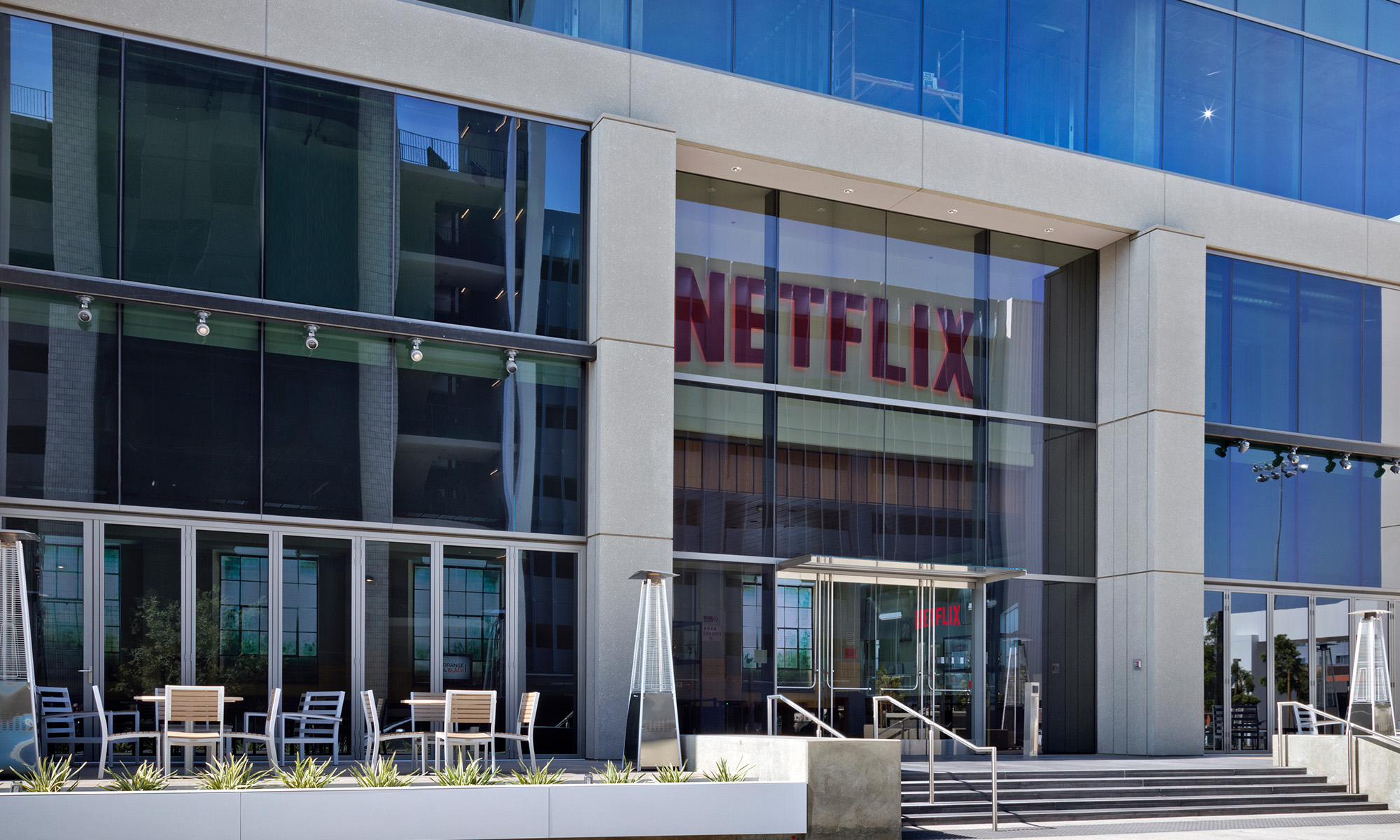
Bloodline adds to Netflix's growing list of successful original programs.
Last month, on the heels of earning acclaim for Bloodline, another original series, Netflix (NFLX 1.18%) CEO Reed Hastings told Bloomberg Business that his company is getting into the business of owning more TV shows to broadcast exclusively.
"We've continued to expand our creative role on the shows," Hastings said in an interview with the magazine. "Now we're taking on ownership and production."
What that means exactly isn't clear at this point, though Bloomberg quotes Hastings as saying that Netflix will own most of the 20 or so originals it screens next year.For perspective, consider that the major broadcast operators tend to show between two and four different primetime shows per weeknight, or about the same as what Netflix has planned.
While the move has merit and mirrors that of chief competitor HBO and enterprising partners such as AMC Networks (AMCX 2.85%), Netflix will necessarily have to be more choosy about which properties it produces. We could see a sharp decline in licensed content as Netflix shifts its resources to back originals.
This is why data matters
How big a risk might that be? Only Netflix knows for sure, but history says "not much." Many times over the years the company has changed its lineup of available programming only to see its subscriber count rise dramatically. Remember the Starz deal? Netflix agreed to part ways with the network, saving the capital to strike what now looks like a very smart (though very expensive) agreement with Disney (DIS +1.50%) that includes a line-up of original shows from Marvel Studios. The first, Daredevil, is an even bigger hit than Bloodline -- 2,036,788 ratings and 4.6 stars as of this writing, versus 548,671 and 4.2 stars for Bloodline.
Investors have every reason to believe that Netflix will find more hits like these. After all, the company has terabytes of data to help it understand what subscribers might like. Finding a winner becomes a process of matching tastes to the available scripts. Better still: Overbidding to produce and distribute a show is far less likely when you already have a sense of whether audiences will pay to see it.
Losing well is as good as winning
In funding not just distribution but also production of new originals, Netflix will need data more than ever. Profits won't come as fast as spending ramps up to get new shows on the air. Only later, when DVD, Blu-ray, and digital sales kick in will owning shows deliver the riches today's shareholders expect -- presuming Netflix can find and fund a new hit.
In the meantime, we can expect Hastings and team to remain conservative. Hulu has taken advantage by paying up for the distribution rights to Fear the Walking Dead, AMC's zombie spinoff. That's the risk that comes with empire-building; you're often fighting against existing empires. In Hulu, Disney, 21st Century Fox, and NBCUniversal have invested $750 million to grab popular licenses and fund some original series of their own. Fear could be their biggest win yet, and it likely comes at Netflix's expense. The streamer has long aired previous season of parent show The Walking Dead.
Yet Bloodline is the bigger loss. In a market where the fight is increasingly about who has the best original programs right now -- a debatable point, at best -- the way to win is to build a library of properties that everyone wants, now and into the future. Bloodline, due for a second season yet owned by Sony, looks like that kind of property.
Hastings won't let the next one go so easily.








